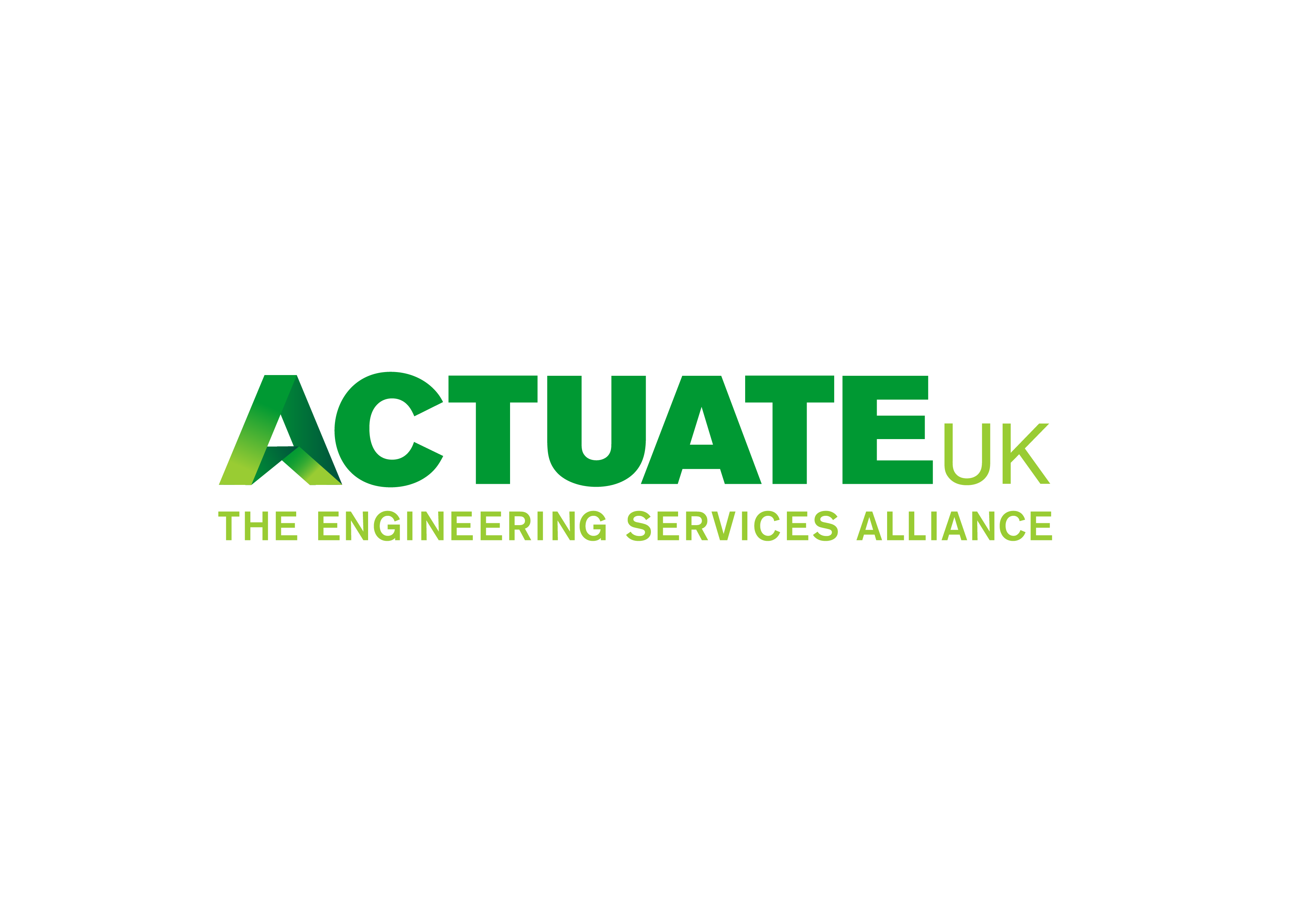The alliance has made submissions in the recent Government consultations on Payment Practices and Performance Regulations (2017) and the role of the Small Business Commissioner asking for reforms which will make larger companies more responsible about paying their supply chains on time.
In summary, Actuate UK pointed out that delayed and late payment is self-harming and restricting growth for the 99% of the engineering services sector which are SMEs businesses. They currently give, more than they receive, use trade credit, and are at higher risk of insolvency.
Rob Driscoll, ECA Director of Legal & Business, commented on behalf of the Business Group of Actuate UK:
“Government’s step in establishing an open source of data on large companies’ payment performance and practices in 2017 has been a game-changing achievement, but the current business challenges require reforms to ensure the credibility and integrity of the system is maintained.”
Actuate UK therefore supports continuing with the Payment Practices and Performance Regulations (2017) provided they are reformed to:
- Include metrics on the value of payments, to avoid ‘gaming the system’ with companies demonstrating that they pay promptly a volume of low value purchase ledger invoices while delaying higher value supply chain ledger invoices.
- Introduce a requirement to report on cash retentions in qualifying construction contracts.
- Introduce a method of third party authentication of the data being reported.
- Amend the Regulations’ guidance to avoid ambiguity, particularly on how the metrics should be applied to payment made through supply chain finance systems.
Actuate UK in its submission has examined the impact of these reforms and proposed the use of digital tools and combining processes to avoid any disproportionate increases in cost to businesses. The alliance believes that a more rigorous method of accountability will help achieve fairness in payment practices across the supply chain and sustainability of its SMEs.
Click here for a summary of the submission: Actuate UK Payment Reporting Regulations Response April 2023 Summary
Actuate UK has also asked Government to amend the remit of the Small Business Commissioner (SBC) to cover officially construction; the sector has a high density of SMEs facing prolonged and late payment issues.
Moreover, as the administrator/custodian of the Prompt Payment Code (PPC), the SBC should be able to investigate any complaint made about a signatory to the code, including construction company signatories.
We believe the SBC’s office should be able to fine companies who are found not to comply with the obligations of the code. If the SBC had the power to levy fines against PPC signatories in particular, SME’s will be motived in reporting issues with the code or other prompt payment issues.




